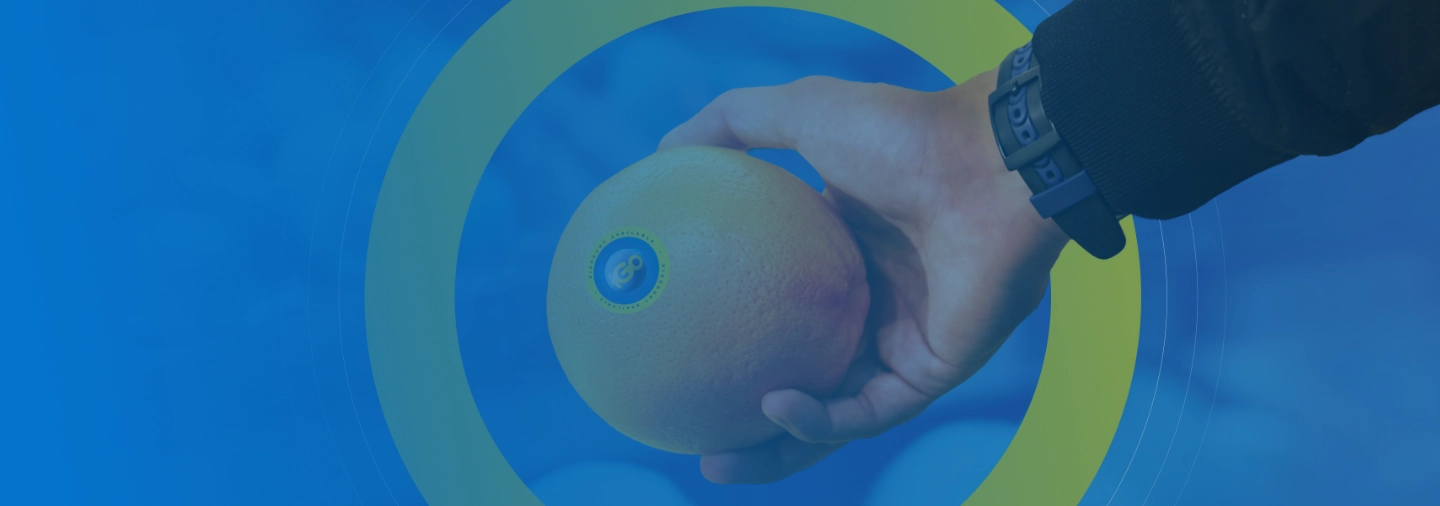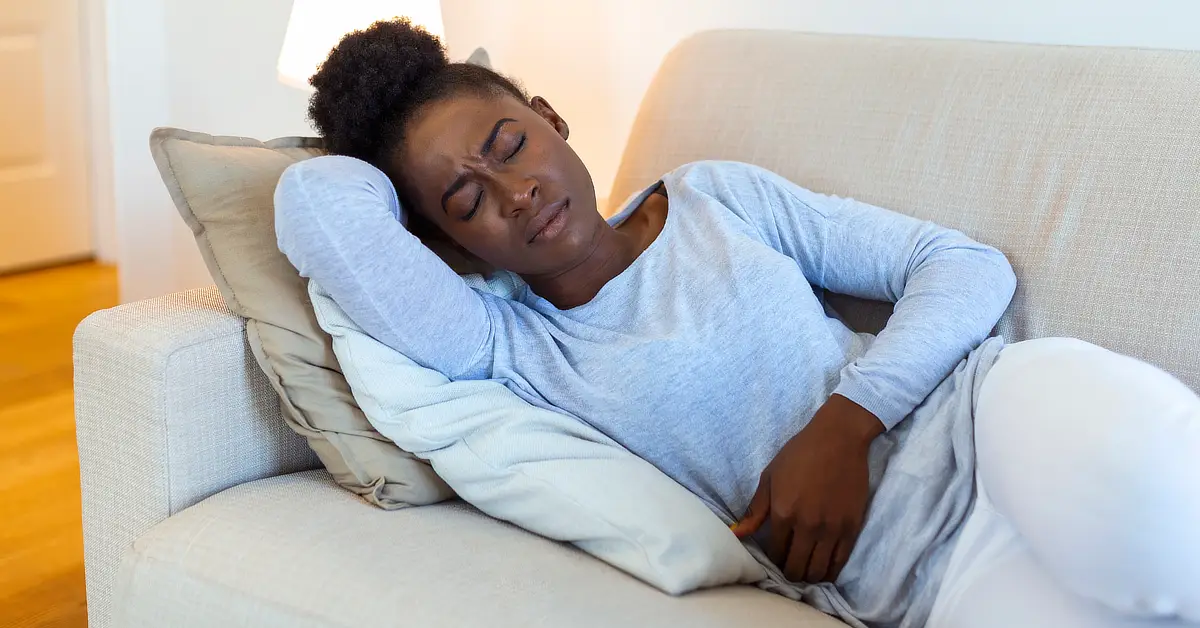Interstitial cystitis, or bladder pain syndrome (BPS), is a chronic condition that causes bladder pressure and pain and sometimes pelvic pain. The level of pain can range from mild discomfort to severe pain. It is commoner in women than men.
Normally our bladder, which is a hollow muscular organ that stores urine, expands until it is full. When it is full it signals the brain through pelvic nerves that it is time to urinate.
With interstitial cystitis, the urge to urinate comes more often, before the bladder is full, resulting in frequent urination but often of only small amounts of urine.
Causes
The exact cause of interstitial cystitis is unknown but it is likely that there are several factors that may contribute to it. These include a defect in the protective lining of the bladder. A leak in this protective lining may allow toxic substances in your urine to irritate the wall of the bladder.
Another factor could be a problem with the pelvic floor muscles that are used to control urination. Your immune system could also cause an inflammatory reaction.
Symptoms
Interstitial cystitis symptoms differ from person to person. They may change over time. They may recur in response to triggers such as menstruation, prolonged sitting, stress, exercise and sexual activity. Some people may have periods when they experience no symptoms at all.
Symptoms include pain in the pelvis or between the vagina and anus in women and between the scrotum and anus in men. Pelvic pain may be chronic.
Other symptoms include a persistent, urgent need to urinate and frequent urination, often of small amounts of urine, throughout the day and night. There may be pain or discomfort while the bladder fills up and relief after urinating. There may also be pain during sex.
Over time the symptoms frequently come and go. They may ease or disappear for days, weeks or even months at a time and then get worse for brief periods of time.
Interstitial cystitis symptoms can resemble those of a chronic urinary tract infection. However, with BPS there is normally no infection. If a person with BPS develops a urinary tract infection, the symptoms could become worse.
Some women experience extreme symptoms, which can cause depression and other medical issues.
Risk factors
Women are more likely to have BPS than men. Men with symptoms that resemble interstitial cystitis are more likely to have a condition linked to prostate gland inflammation.
The majority of women with interstitial cystitis are in their 30s or older.
Other chronic pain conditions such as fibromyalgia or irritable bowel syndrome may be linked to interstitial cystitis.
Complications
Various complications are possible as a result of interstitial cystitis. One complication is reduced bladder capacity The bladder wall may stiffen as a result of interstitial cystitis, which reduces the amount of urine that the bladder can contain.
Another issue could be sexual intimacy. Personal connections could be strained by frequent urination and pain. Your sexual closeness might diminish.
The condition can lower quality of life. Frequent urination and pain might make it difficult to engage in social interaction, work and other everyday activities.
Emotional disorders are another complication. Interstitial cystitis is accompanied by chronic pain, sleep disruption and other symptoms that can be depressing.
Interstitial cystitis may have an adverse effect on your employment, relationships and mental health, among other areas of your life.
Treatment
There is no cure for BPS but medication is available to reduce your symptoms, including pain. There are times when symptoms resolve on their own.
There is insufficient proof that any particular treatment is effective for everyone. To find a treatment that works for you, you might need to try a few treatment options.
Tolterodine, solifenacin or mirabegron are medicines that reduce the urgency to urinate.
Over-the-counter analgesics such as ibuprofen and paracetamol may be taken for pain. Amitriptyline, gabapentin and pregabalin are examples of medications for nerve pain that may be helpful.
Your doctor may suggest use of a tiny tube known as a catheter to administer some medications directly into the bladder. These are referred to as bladder instillations or intravesical medications.
Data on the success of bladder instillations is inconclusive, just as it is for oral medications. A specialist can explain the many options that there are.
Therapies and supportive treatments may be beneficial for some individuals. Pelvic floor physiotherapy or exercises may help your pelvic muscles to relax and so help reduce pain.
Talking therapies and counselling assist many people in coping with symptoms and the effects they have on their lives.
If you have obvious abnormal lesions in your bladder or if other therapies are unsuccessful, surgery and other procedures may be advised. This includes neuromodulation, which is a procedure where an implant is inserted in your body to stimulate your nerves with electricity in order to relieve pain and lessen unexpected urges to urinate.
Cauterisation is another option. This involves employing a laser or electrical current to seal bladder ulcers.
Home remedies
There are things you can do at home to help your treatment. One of these is to reduce stress or rather improve your stress-coping mechanisms. Exercise, warm relaxing baths and engaging in meditation are all useful in helping relieve or better cope with stress.
It also helps if you make sure you drink sufficient water to ensure you are well hydrated and take note of particular foods or drinks that make your condition worse, such as citrus fruits and alcohol, and try to see whether avoiding them makes any difference.
If you smoke you should stop smoking. The chemicals in cigarettes can irritate your bladder.





